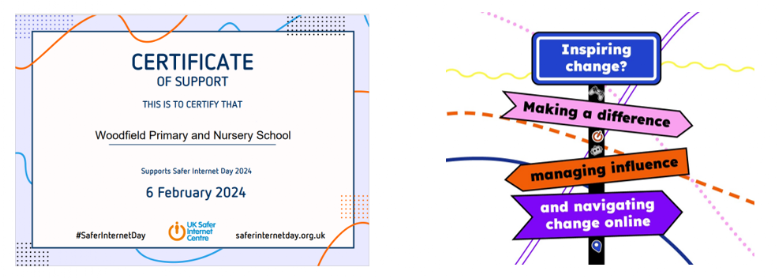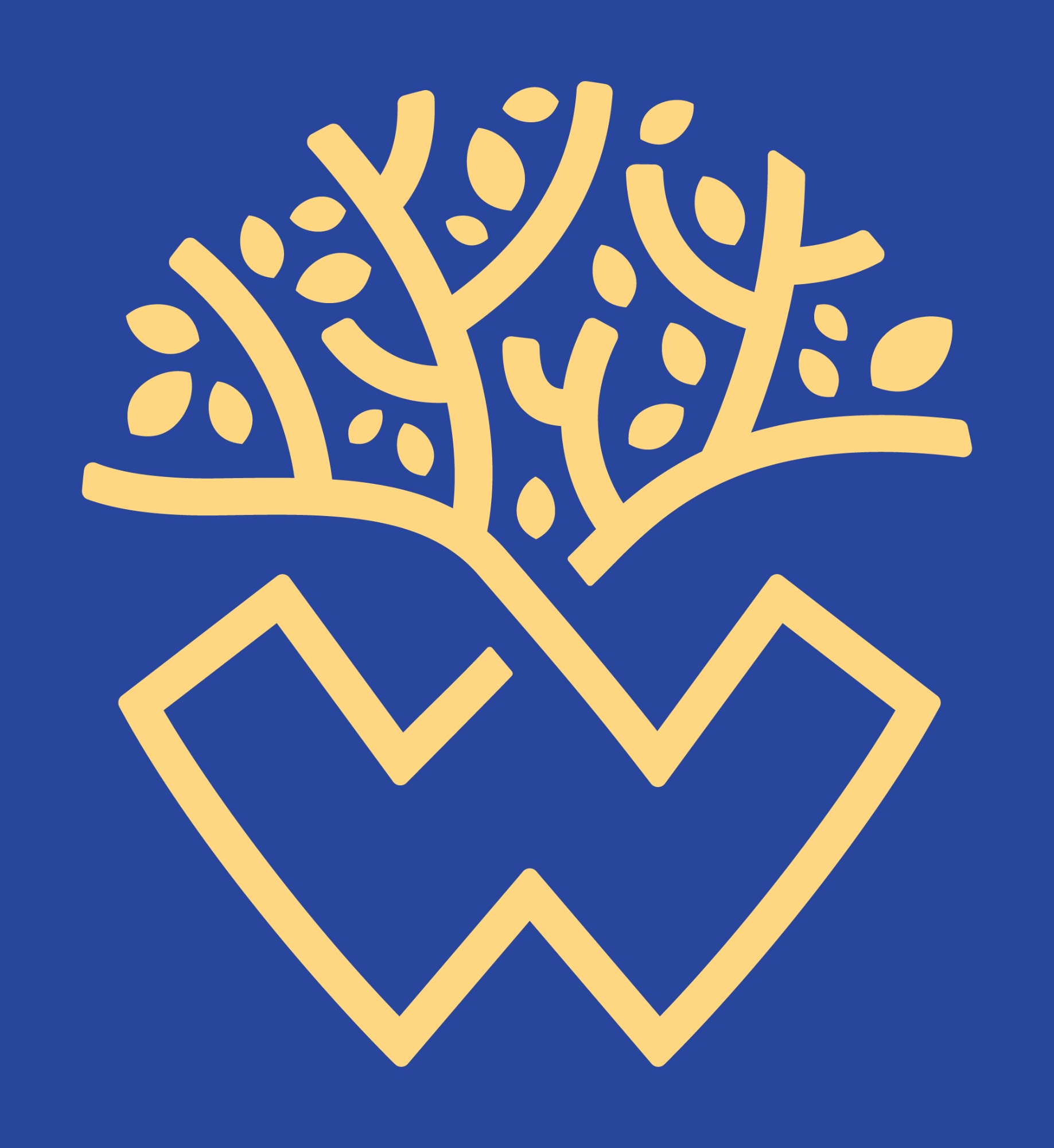Computing
As the rapid pace of technological change requires pupils to not only know how to do something today, but to be fluid in their thinking for tomorrow, here at Woodfield Primary and Nursery School, our aim is to ensure that all pupils leave their time with us, fully equipped to embrace a digital future as innovative and adaptable learners.

Technology is integrated into the lives of our young people both in school and at home. In school, this journey starts in Early Years where children have daily access to a range of technology as part of their continuous provision. This enables them to have access to experiences that encourage exploration as well as building the foundations for the Computing curriculum.
To ensure our pupils are provided with a balanced curriculum, the computing programme of study has been broken down into three aspects of computing at each key stage. This allows pupils to develop their “computational thinking and creativity to understand and change the world” NC – Computing PoS.
- Computer Science (CS) – How digital technology works and programming.
- Information Technology (IT) – The use of technology to create programs, systems and a range of content.
- Digital Literacy (DL) – To express and develop ideas (safely) as active participants in a global world.
Our scheme of work, Kapow Computing, enables pupils to, at a minimum, meet the end of Key Stage Attainment targets and aims outlined in the National Curriculum.
When used in conjunction with Jigsaw’s PSHE scheme, our Computing scheme of work also satisfies all the objectives of the DfE's Education for a Connected World framework. This guidance was created to help equip children for life in the digital world, including developing their understanding of appropriate online behaviour, copyright issues, being discerning consumers of online information and healthy use of technology.
To further enrich our pupil's knowledge and understanding, we host mixed-age talk assemblies where we highlight the relevance of computing in everyday life. These prompt discussions on current events, technological advancements, and digital literacy topics, fostering students' understanding of how computing intersects with broader cultural, societal, and ethical issues.
E-safety and Wellbeing
Each academic year, all year groups focus on aspects of e-safety and wellbeing. Lessons are designed to ensure pupils feel confident when talking about any issues arising throughout the year with their peers and class teacher, as well as knowing who to talk to if they have concerns. Throughout the Computing Curriculum, pupils are taught to use technology safely, respectfully and responsibly; recognise acceptable/unacceptable behaviour and ways to report concerns about content and contact. In the Spring term, along with all LAT schools, we participate in the global campaign ‘Safer Internet Day’ using the theme and resources to enhance the Computing curriculum.

Computing Rationale
